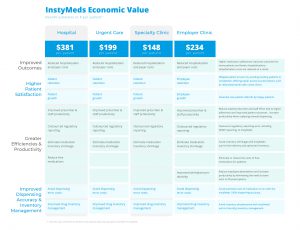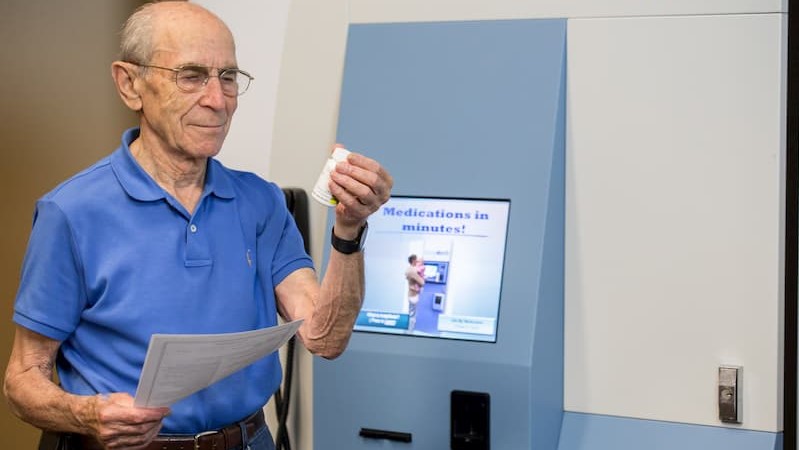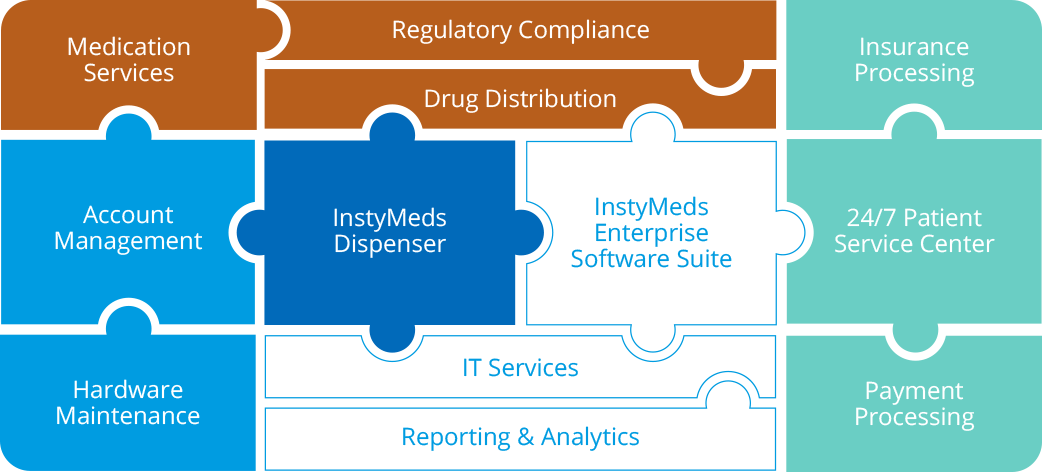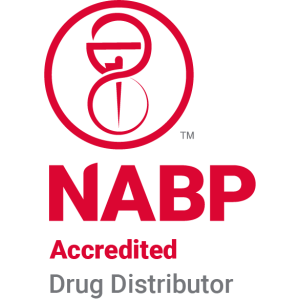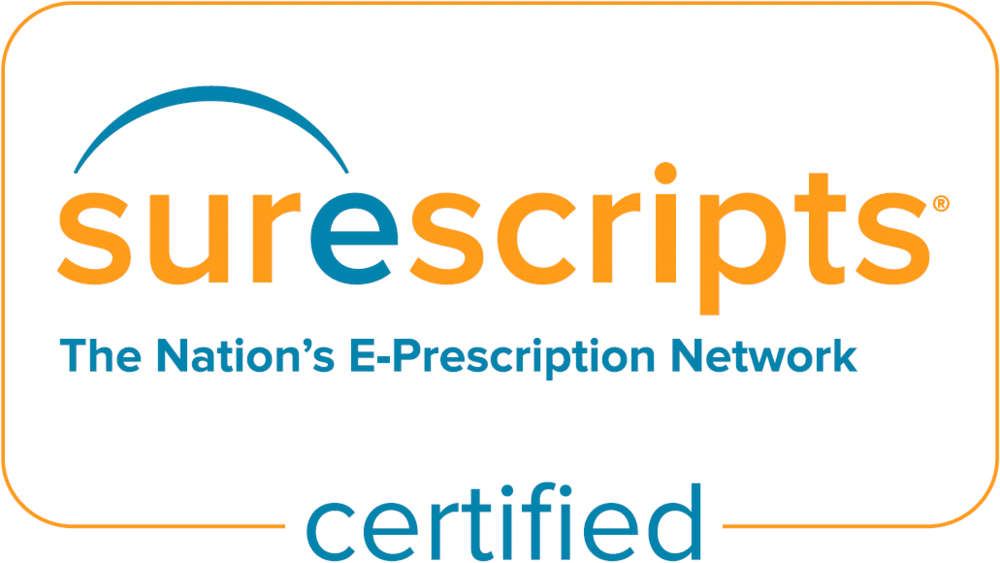Cut Waste, Reduce Costs and
Grow Revenue
Doing Right for Your Patients Is Right for Your Business
Unlocking New Efficiencies and Revenue Drivers
Primary medication non-adherence remains a stubborn problem in the US despite an explosion of prescription-filling channels. New pharmacy construction boom, introduction of onsite walk-in clinics at chain pharmacies and mail order drugs aim to expand access to prescriptions. And yet, when the number of unfilled prescriptions remains stuck at around 30%, undermining patient outcomes and draining healthcare resources.
InstyMeds experience has shown that the right application of automated dispensing technology at the point of care can significantly increase the number of prescriptions filled, reduce waste and create new growth drivers.

Healthcare provider work invested in treating non-adhering patients produces no improvement in outcomes

Some non-adhering patients require additional treatment driving up avoidable medical costs

Reducing unreimbursed costs through higher primary medication adherence and improved outcomes.

Growing patient referrals and revenue through higher patient satisfaction.

Reducing costs with improved productivity and efficiencies of care delivery

Reducing costs with 100% dispensing accuracy and improved medication inventory management
InstyMeds delivers these benefits to providers at a fraction of the cost of building a new pharmacy or extending pharmacy hours.
Some insurers already offer clinical programs focused on improving medication adherence among members.1 In its effort to introduce value-based reimbursement metrics, the Centers for Medicare and Medicaid (CMS) has changed reimbursement to pay less for repeat hospitalizations for five preventable conditions. We believe that in the coming years increasing adherence will become a greater priority as the payer side of the healthcare industry will continue putting additional pressures on providers to reduce costs.
